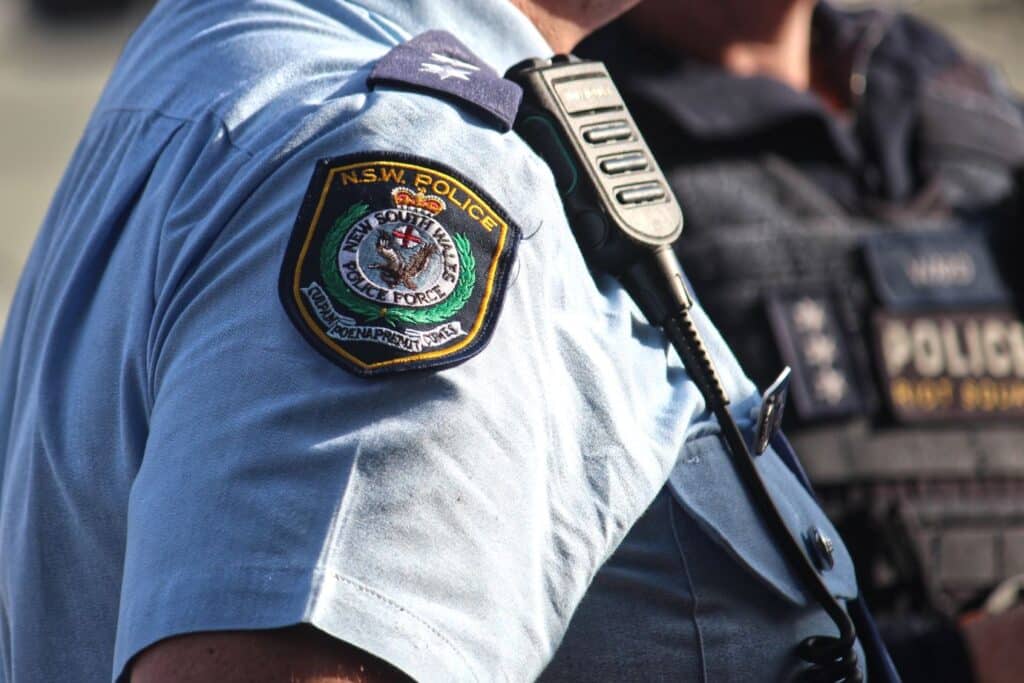New coercive control laws have officially come into effect in New South Wales, with the crime punishable with up to seven years’ imprisonment.
Coercive control is an insidious form of domestic abuse that can manifest in a variety of ways. It is a pattern of behaviours that may include financial and emotional abuse, violence and intimidation, threats against pets or other family members, stalking, or isolating someone from their family and friends.
Perpetrators of coercive control commonly restrict the psychological, physical and financial agency of their partner to deny them autonomy and independence.
The change means New South Wales is the first jurisdiction to have a standalone dedicated offence of coercive control.
“Coercive control in current and former intimate partner relationships will be a crime punishable by up to seven years’ imprisonment,” said NSW Attorney General Michael Daley.
“Abuse against a current or former intimate partner is unacceptable and will not be tolerated.”
There is a strong link between intimate partner homicide and coercive control, data from the NSW Domestic Violence Death Review Team has found. Between 2000 and 2018, 97 per cent of intimate partner domestic violence homicides were preceded by the perpetrator using coercive control towards the victim.
Coercive control is what Hannah Clarke endured before she and her three children were killed by her former partner. Her parents have been strong advocates for the reform in Queensland.
CEO of Women’s Community Shelters Annabelle Daniel OAM said the people of New South Wales should be proud of the new laws.
“With this reform, we can now tell women seeking support at our services that the patterns of abuse that they’ve experienced are criminal,” Daniel said.
“This legislation will improve the lives of women and children who may never seek to use the legal system.”
Daniel also noted that the police and court system personnel had undergone training to identify patterns of coercive control.
“The police and court system personnel are trained to identify patterns of abuse, and will be less likely to miss identify the perpetrator of abuse when they attend to incidents,” Daniel said.
Daniel also noted the link between coercive control and domestic violence homicide.
“So, there’s actually a very strong nexus between coercive control and domestic homicide,” she said. “But it’s also really important to note that coercive control deserves to be criminalised because it in itself is intimate partner terrorism, whether or not it leads to domestic homicide, and we need to draw a line in the sand around behaviour that is acceptable in intimate partner relationships in New South Wales.”

The NSW government has also provided $5.6 million in funding for the implementation of the coercive control laws and training for police, awareness campaigns and educational resources. The government has launched a new website dedicated to educating the public on what coercive control is.
Stronger bail laws are also now in effect in New South Wales. It means people charged with serious domestic violence offences will be required to show cause as to why they should not be detained until their case is determined.
“Today’s commencement of coercive control and bail laws sends a strong message to perpetrators that abuse is unacceptable,” Minister for the Prevention of Domestic Violence and Sexual Assault, Jodie Harrison said.
“We have listened to the lived experience of victim-survivors about reforms that are needed in the system, including implementing a Primary Prevention Strategy to address the drivers of violence and stop it before it starts.”
If you or someone you know is experiencing, or at risk of experiencing, domestic, family or sexual violence, call 1800RESPECT on 1800 737 732, text 0458 737 732 or visit 1800RESPECT.org.au for online chat and video call services.
If you are concerned about your behaviour or use of violence, you can contact the Men’s Referral Service on 1300 766 491 or visit http://www.ntv.org.au.


